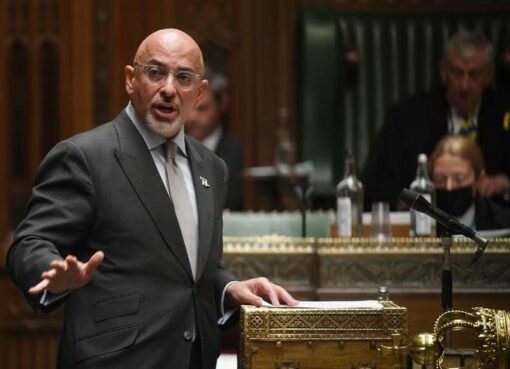Iraq’s plan to increase oil output this year will go ahead, with exports running in January at a record level and unaffected by Iran’s return to the market, Iraqi Oil Minister Adel Abdul Mahdi told Reuters on Thursday.
Iraq, OPEC’s second-largest producer, expects output from the country’s southern region to increase by up to 400,000 barrels per day (bpd) this year to over 4 million bpd, he said during an interview in Baghdad.
Iraq also produces oil from the north but revenues from those sales go to the Kurdish self-ruled region, not the central government in Baghdad. The north produces more than 600,000 bpd.
Iraq will be offering competitive prices to market its additional crude output, the minister said, adding that it had made contracts with Chinese refineries covering all of 2016.
“In fact, we in Iraq are not short of contracts,” he said. “Until now, the demand on our oil is more than our offer, even with the return of Iran.”
The United States, the European Union and the United Nations lifted most sanctions on Iran last week, removing restrictions on Iranian oil sales under a deal in which Tehran agreed to curbs on its nuclear program.
“Iraqi oil will remain cheap for China,” Abdul Mahdi said. “Our 2016 term contracts are fully booked.”
The average cost of extraction in southern Iraq is about $10 per barrel, he said.
Crude prices have sunk to below $30 a barrel, from more than $100 two years ago, amid a global glut fueled mainly by rising production of North American shale oil.
EMERGENCY OPEC MEETING?
Saudi Arabia, OPEC’s top producer, led a move by the organization to preserve its market share, rejecting calls by some members including Algeria and Venezuela to cut output in order to boost prices.
Lifting oil prices now would require the Organization of the Petroleum Exporting Countries and non-OPEC nations to agree on curbing output by about 1.5 million bpd, the Iraqi minister said.
Iraq would support an emergency meeting of OPEC if the group could agree on curbing output in coordination with non-OPEC producers, he added.
An agreement should include “OPEC and non-OPEC because now everybody is affected”, he said, indicating he would back an Algerian proposal made in a previous meeting of the organization to shave 5 percent off global output.
“We should all agree on a certain level of production cut: 5 percent of global production will be very good; even less than that should be acceptable,” he said. “A 1.5-million-barrels cut from markets will significantly affect prices.”
If such an agreement were impossible, OPEC should refrain from holding any extraordinary meeting in order not to depress prices further, he said.”We are ready to attend on condition that everybody attends and there should be an agreement,” he said.
“We will send a wrong message if we go and meet and come out with a negative result that will further negatively affect prices.
Source: Reuters, Jan 21, 2016 7:
(Reporting by Maher Chmaytelli and Ahmed Rasheed; Editing by Dale Hudson)
http://www.reuters.com/article/us-iraq-oil-idUSKCN0UZ14Q
Iraq oil exports at record, unaffected by Iran’s return to market








Comment here